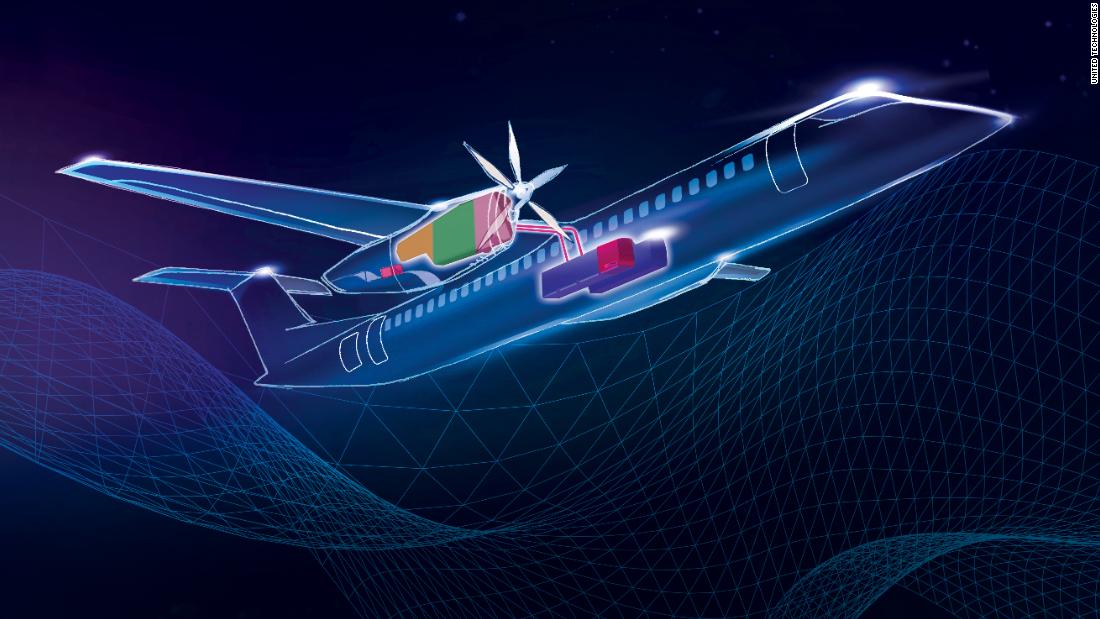LONDON: The rise of hybrid and electric aircraft has been on full display at the biannual aviation showcase this week. Startups of aviation sector competed with industry giants to show off technology that’s more efficient and environment friendly than traditional plane designs. The focus on electrically-propelled aircraft reflects a rush to develop urban flying taxis (coming soon) and fully electric planes with longer range (coming later).
There are two big factors driving increased investment: The global aviation industry produces up to 3% of all carbon dioxide (CO2) emissions, a share that’s projected to increase sharply in coming years; and it spends roughly $180 billion a year on jet fuel. “Increased efficiency has been the name of the game when selling aircraft for decades,” said Nikhil Sachdeva, a senior consultant at Roland Berger.
“Electric is the next phase.” Cape Air goes electric. Grabbing most attention in Paris was Israeli plane-maker ‘Eviation Aircraft’ with its announcement that US regional carrier Cape Air would be the first customer for Alice, its electric airplane. Alice can fly nine passengers up to 650 miles on a single charge, and Eviation claims it can cut airline operating costs by 70%.
Hybrid aircraft by 2022 is another appeal to aircraft buyers. United Technologies (UTX) announced plans to merge with defense contractor Raytheon (RTN) just prior to the Paris Auto Show. And the company had some tech to show off to aviation enthusiasts, pulling back the curtain on a hybrid electric project. The goal is to have planes in the air by 2022. Airbus will tackle batteries and aerodynamic design.
The plane will run on a distributed hybrid propulsion system, which includes a turbo generator that powers electric motors and propellers. Airbus also said this week that it has signed a memorandum of understanding with SAS Scandinavian Airlines to research hybrid and electric aircraft systems. (Agencies)









Comment